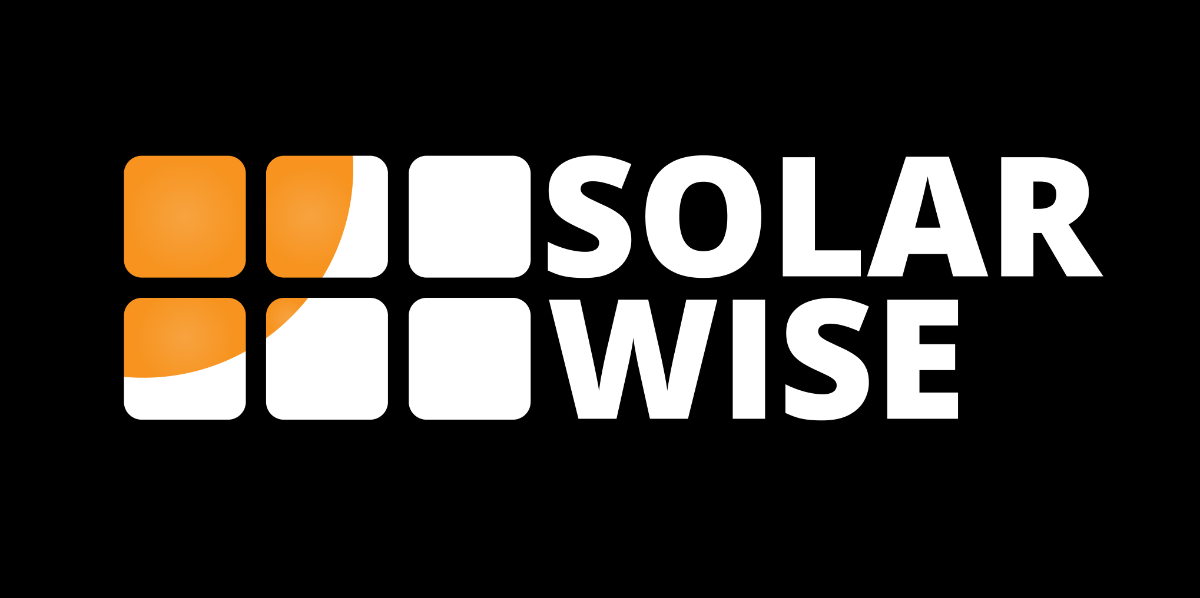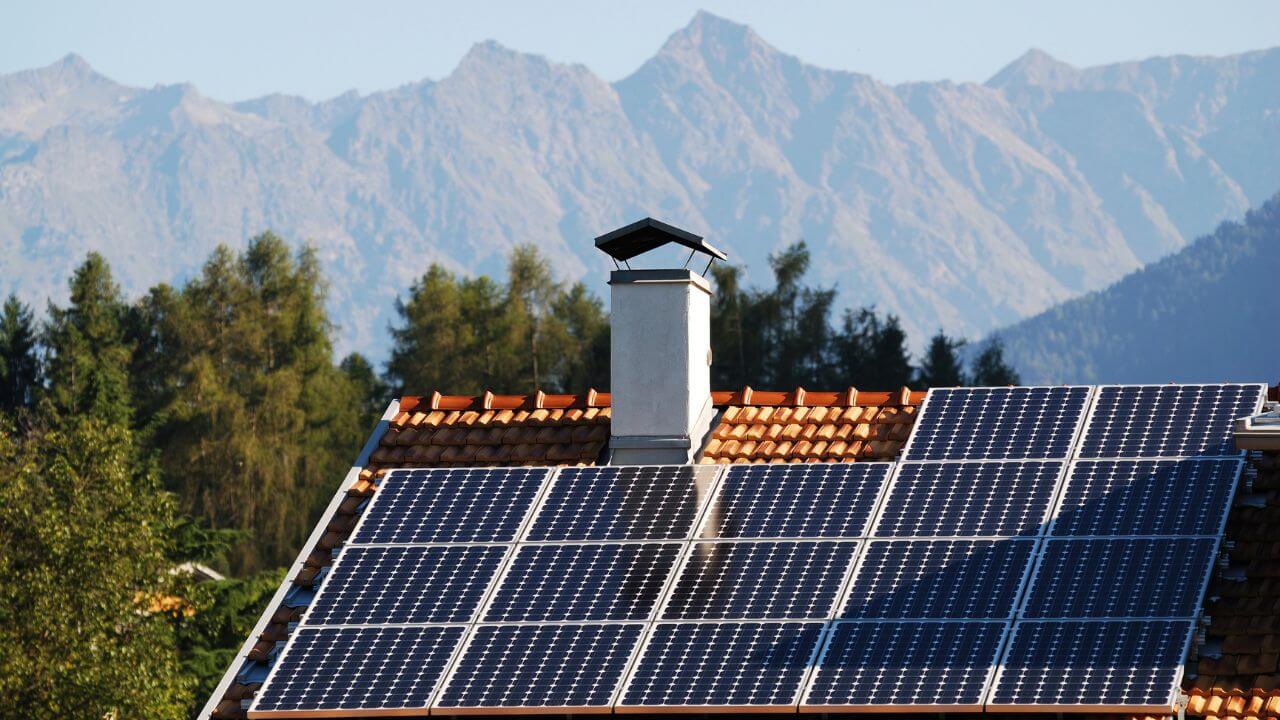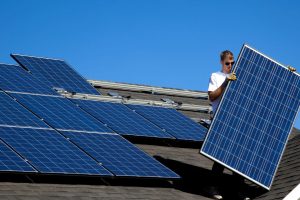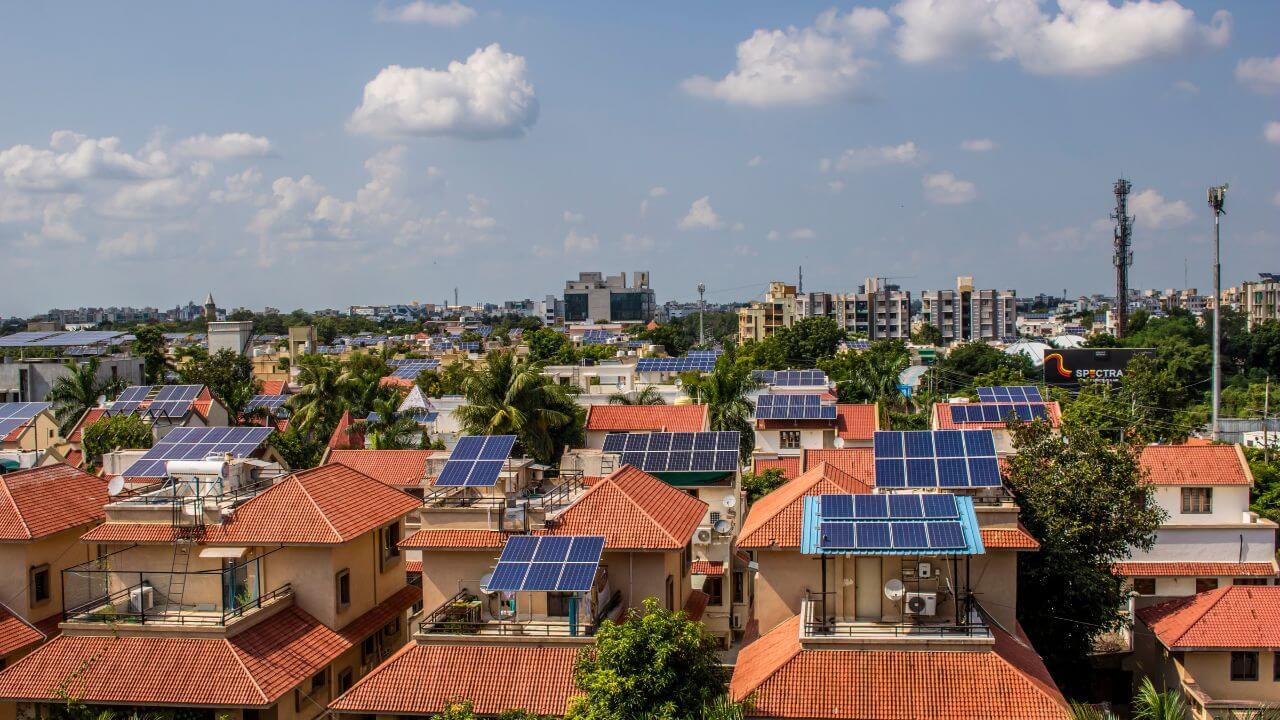As a homeowner or business owner considering solar panel installation, knowing the permits and approvals required before embarking on your clean energy journey is essential. This article will explore the various permits and licenses you may need, explain their importance, and provide keywords associated with each point to help you research and better understand the process.
Building Permit
Securing a building permit from your local authority or municipal department is a prerequisite to ensure that your solar installation adheres to the established structural, electrical, and fire safety standards. The process generally entails the submission of comprehensive plans detailing the structure, along with obligatory inspections at various stages of installation. This step not only guarantees the optimal functioning of your solar panel system but also shields you legally in the event of unforeseen mishaps. Adhering to building codes and safety guidelines is crucial to safeguard both homeowners and the broader community, emphasizing the importance of meticulous compliance.
It’s imperative to note that acquiring a building permit is mandatory for the installation of all solar panels. Neglecting to secure a permit can lead to adverse consequences, including monetary fines or the mandated dismantlement of the installed solar panels. Therefore, it is vital to adhere to the proper channels to avoid any potential legal and financial repercussions.
Electrical permit
An electrical permit is necessary to connect your solar panel system to the grid and ensure that all installation work meets electrical codes and safety requirements. The connection of your solar panel system to the grid without an electrical permit can result in consequences such as fines, legal action, or even having to remove the entire installation if it doesn’t meet local requirements. Electrical codes are put in place for good reasons – they prioritize safety above all else. A certified electrician will ensure that all wiring, grounding, and equipment comply with these codes and won’t endanger you or others.
Solar Access Rights
Solar access rights refer to a property owner’s legal entitlement to receive sunlight on their land for solar energy generation. These rights play a crucial role in ensuring unobstructed access to sunlight for your solar panels. Regulations governing solar access rights can vary and may be dictated by local zoning ordinances, homeowner association (HOA) rules, or property covenants. Prior to installing solar panels, it’s essential to check these regulations and, if needed, obtain any additional approvals. This due diligence helps you protect your investment in solar energy and avoid potential disputes with neighbors or regulatory bodies.
Historic District or Design Review Approvals
Historic District or Design Review Approvals are necessary when your property is situated in an area with specific architectural or historical significance. These approvals safeguard the neighborhood’s unique character and aesthetic appeal. To obtain such approval, you may need to present your solar panel installation plan to a local review board or committee. They will assess whether the solar panels align with the area’s design guidelines and maintain their historical integrity. As a result, it’s essential to familiarize yourself with local regulations and work closely with your solar installer to design a system that complements and respects the architectural style and historical context of your property.
Roofing permit
A roofing permit is a specific authorization needed when your solar panel installation project involves adjustments to your roof’s structure. This can include activities like reinforcing the roof or making repairs to support the added weight of solar panels. The permit ensures that the modifications adhere to local building codes and safety standards. Contact your local building department to find out if your project requires a roofing permit. They will guide you on the application process and any necessary inspections. By obtaining the proper license, you ensure your solar installation is safe, secure, and compliant with local regulations.
Interconnection agreement
An interconnection agreement stands as a binding legal document that delineates the rules and stipulations pertaining to the integration of your solar panel system with the wider electrical grid. The principal objective of this agreement is to ascertain that the integration of your solar setup with the electrical grid is done securely, without triggering any adverse effects or interruptions. Furthermore, the agreement details the procedures for compensating you through net metering for the surplus energy that your system channels back into the grid, a mechanism that can lead to substantial reductions in your electricity expenditures.
It’s pivotal to note that the directives governing interconnection agreements vary considerably across different states. Hence, seeking guidance from local specialists who can steer you through the requisite steps is highly recommended. Moreover, it’s worth exploring whether your state extends incentives like solar energy credits to homeowners who contribute extra energy to the grid, fostering a supportive environment for renewable energy utilization.
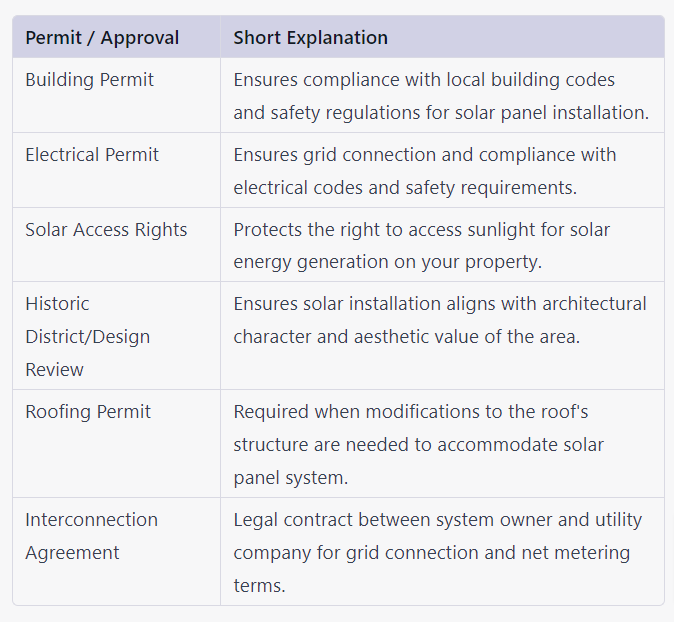
Conclusion
Before installing solar panels on your property, it is crucial to research and obtain the necessary permits and approvals to ensure a smooth and compliant installation process. By familiarizing yourself with the building and electrical permits, solar access rights, historic district or design review approvals, roofing permits, and interconnection agreements, you will be well-prepared to successfully navigate the solar panel installation process. Contact local building departments, utility companies, and solar installation professionals for guidance and assistance throughout the permitting and approval journey.
